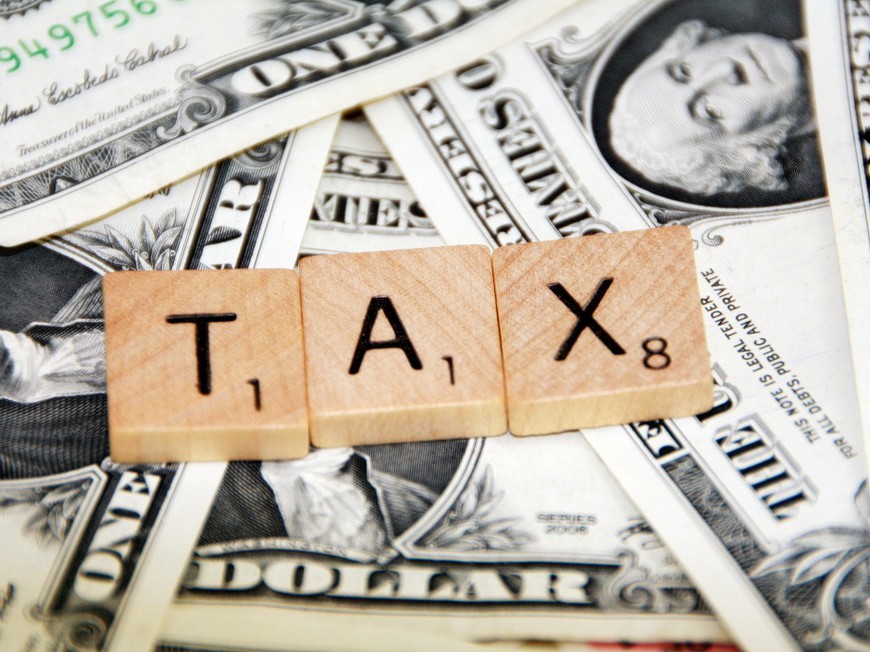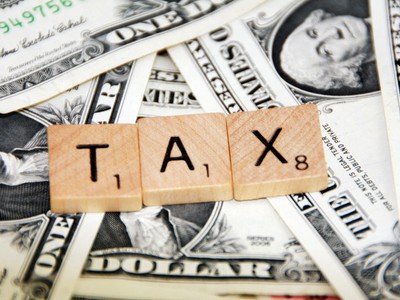

- Russ Fox from Clayton Financial in Nevada recently took the time to break down the tax implications from the WSOP Final Table.
- Fox estimates that Riess with his $8,359.531 in winnings is going to have to shell out roughly $3,478,818 to the IRS.
- Jay Farber, who collected $5,174,357 for his runner up finish is expected to owe about $2,026,527 to the US government.
- The IRS is looking to take in $8,626,311 dollars, a total larger than the initial pre-tax first place prize money.
“In this world nothing can be said to be certain, except death and taxes” —Benjamin Franklin
On Tuesday night, as new 2013 World Series of Poker Champion Ryan Riess wrapped his arms around over $8 million dollars worth of “Benjamins,” it is likely the last thing he was thinking about was the famous saying by the man whose face adorns the dollar bills of his first place prize.
Russ Fox, on the other hand, a noted financial and tax professional from Clayton Financial in Nevada, recently took the time to break down the tax implications from the WSOP Final Table to determine who the real winners from poker’s big night was.
Each participant at the final table was in line for a huge payday, but how much they would walk away with was really determined not just by how much they won—but where they live.
Fox estimates that Riess, who dragged the biggest pot of the night with his $8.4m, is going to have to shell out roughly $3.5m to the IRS while Jay Farber, who collected just over $5m for his runner up finish, will owe over $2m to the US government.
Third place finisher Amir Lehavot, like those in Nevada, gets the benefit of no state taxes for living in Florida and, without taking the selling of pieces into consideration, is looking at a $1.5m tax bill on his $3.7m haul.
Frenchman Sylvain Loosli smartly relocated to the UK where they do not tax gambling winnings so it is likely that he will get to enjoy the totality of his $2.8m fourth place prize. JC Tran on the other hand is subject to both US state and federal taxes: Fox estimates that Tran will owe $1m—almost half of his $2.1m scoop.
Marc-Etienne McLaughlin, a Canadian resident, has a less clear tax path—but should he have to pay taxes, it looks to be to the tune of roughly 50% of his $1.6m. Michiel Brummelhuis, from Amsterdam, is also subject to international taxation but at a far less clip—a flat 29%. Of his $1.2m seventh place prize, Michiel will owe about $350k.
So, who is the big winner at the WSOP? The IRS of course. The IRS is looking to take in over $8.6m dollars—a total larger than the initial pre-tax first place prize money.
When it comes to the players, based on tax implications the big winners are Sylvain Loosli—who looks to pay no tax—and Michiel Brummelhuis who has the lowest tax percentage of any of those who will pay.
One final winner in the entire Main Event is the World Series of Poker itself that takes $600 out of every $10k buy-in—generating roughly $3.8 million in rake.
For the full breakdown on Russ Fox’s tax analysis of the WSOP Main Event Final Table, visit the Taxable Talk blog.

